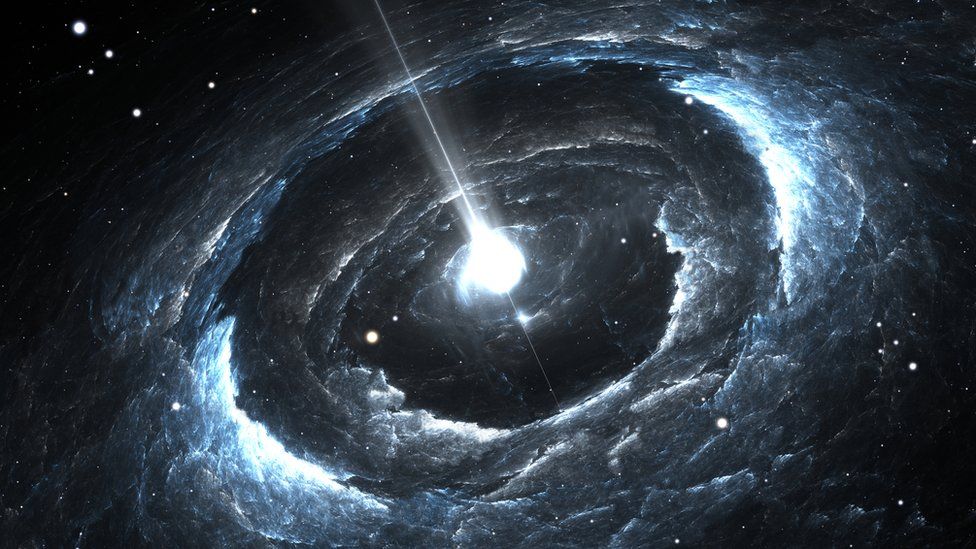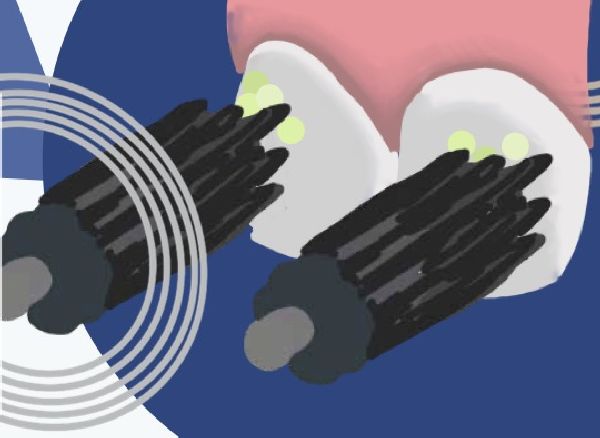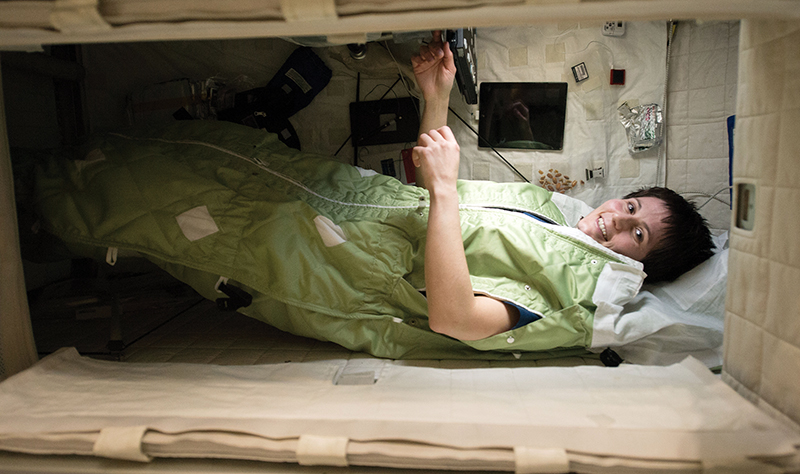Astronomers at MIT and Canada have traced a periodic radio signal coming from a distant galaxy. The signal is quite intense and hence, fall under the category of fast radio burst a.k.a FRB. Usually, FRB lasts for about a few milliseconds, however, the newly discovered signal has continued for three seconds. During this time frame, the astronomers also traced bursts of radio waves that reiterated every 0.2 seconds in a distinct periodic pattern. The rhythming pattern of the radio waves resembled a beating heart.
Read MoreMonth: July 2022
Interview: Dr Philipp Simons, Materials Scientist at Massachusetts Institute of Technology
Dr. Philipp Simons recently hit headlines with his new paper on miniature glucose fuel cells for implantable devices. According to him, human body is saturated with glucose hence, harvesting this energy to power implantable devices is an achievable feat. Dr. Jennifer L.M. Rupp from Technical University Munich in Germany, also Dr. Simons’ thesis supervisor, postulated that battery takes up 90% of an implant’s volume. Interestingly, the new fuel cell will mask the implant and power it with no volumetric footprint. Their innovative approach to solve medical problem gave me an…
Read MoreShapeshifting Nanobots to Brush and Floss Teeth: Toothbrushing Microbots
Toothbrush, or the heads per say, have not much evolved since ages, from rectangular they have only graduated to diamond shaped geometry. I really doubt how far does the new shape has been able to reach the teeth in the back. In the dental hygiene sequence floss, brush and rinse go hand in hand. And each step is an important and at times, cumbersome task especially for people with disabilities. Researchers at the University of Pennsylvania have put in an effort to combine these three steps in one with the…
Read MoreThe Ear-EEG Measure How Astronauts Sleep: Sleep in Orbit
Sleep is the most vital process for overall mental development. Irrespective of age, sleep deprivation leads not only to mood fluctuations the next day but it also affects the overall productivity including decision-making skills, creativity and judgment. Astronauts who spend quite some time in zero gravity face issues while maintaining normal sleep patterns. Even an artificial day-night cycle does not help them in keeping up with a natural circadian rhythm. Therefore, to get more understanding in the brain’s electrical activity and map sleep patterns, researchers at Aarhus University have developed…
Read More



